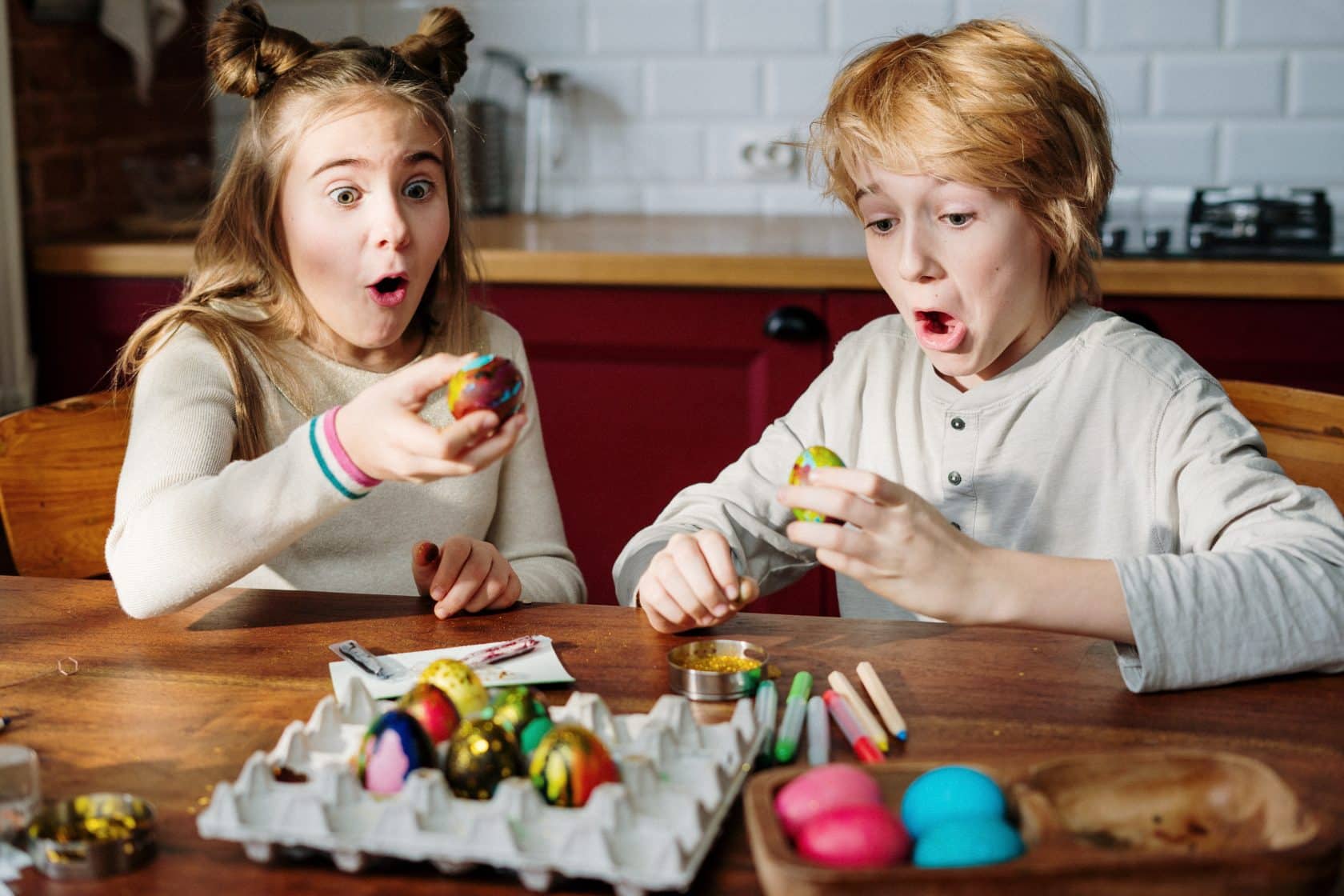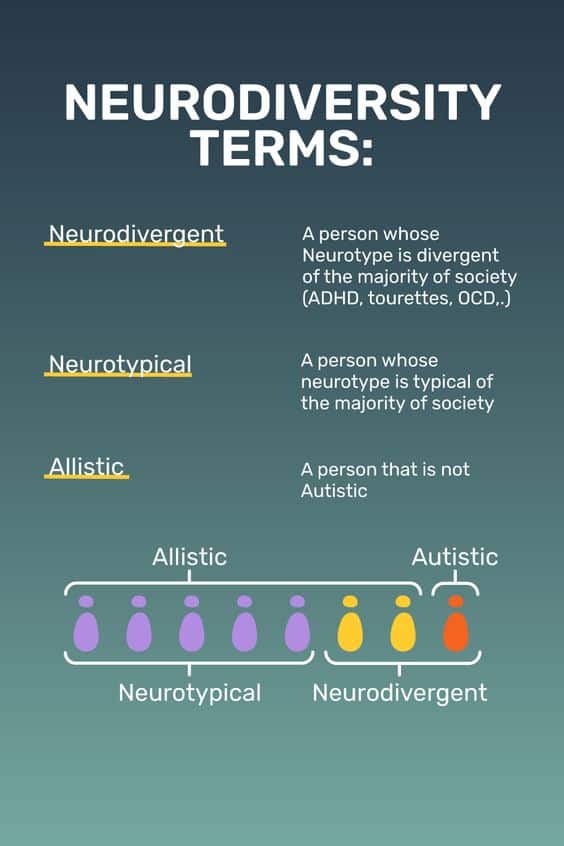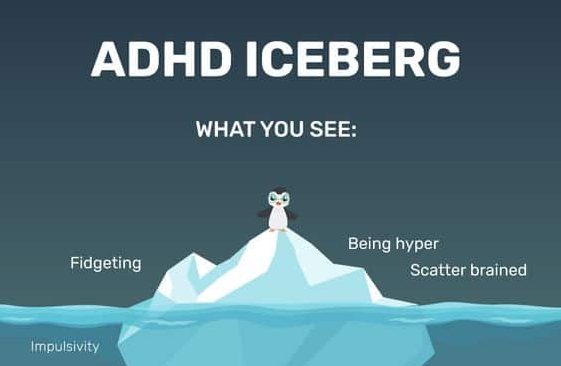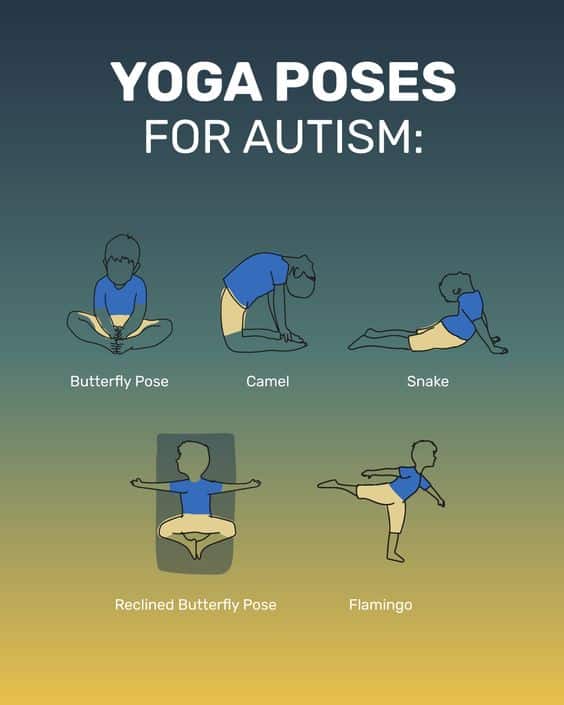Spoon Theory is a concept used to describe the limited energy resources that individuals, including kids with special needs, have in a day. It was developed by Christine Miserandino. Each day, a person starts with a certain number of “spoons,” representing their energy. Activities, both big and small, use up these spoons. For children with special needs, tasks like social interactions, sensory processing, and communication can be extra demanding and use up more spoons. Once all the spoons are used up, the person feels physically and mentally tired. Spoon Theory helps parents and caregivers understand their kids’ unique energy challenges and encourages thoughtful planning to manage their daily activities effectively.












